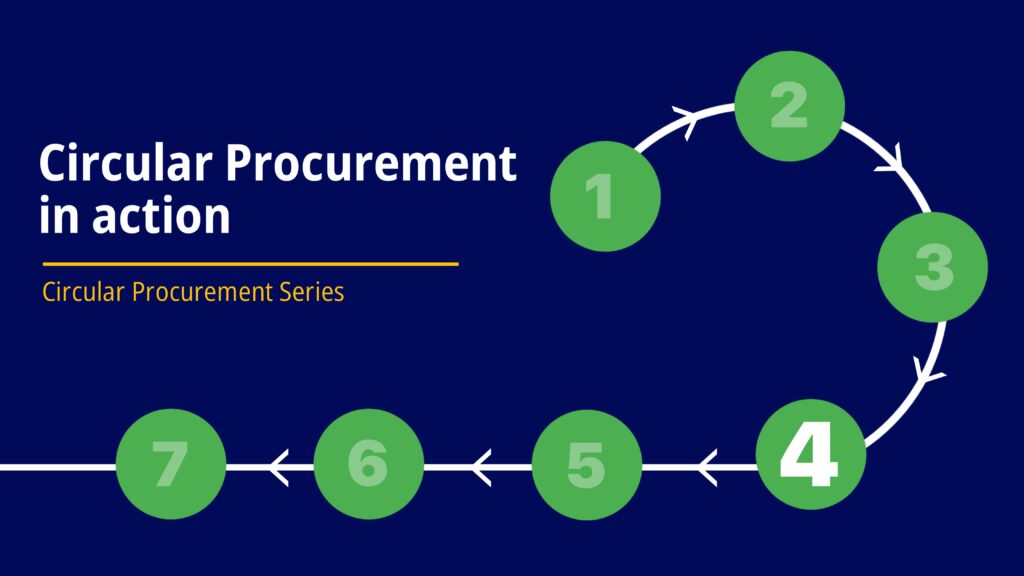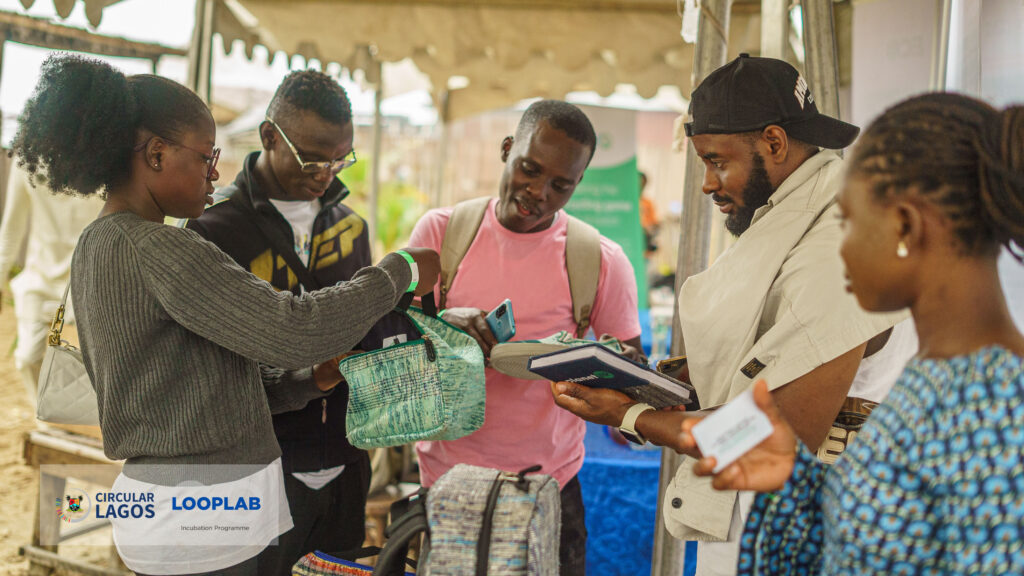Circular Procurement in Action

Circular procurement has gained traction as a catalyst to drive the transition to a circular economy in Nigeria. With environmental and social consequences of linear procurement on the rise, individuals and businesses are increasingly taking action to minimize waste, preserve resources, and enhance sustainability. Quite laudable, yet, more than ever, the private sector and the government must champion circular procurement by engaging with local enterprises to amplify the transformative impact of circular economy principles and exemplify the culture of sustainability within the Nigerian business landscape.
Nigeria faces unique challenges adopting circular procurement, from limited awareness and understanding of the concept to inadequate infrastructure for waste management and recycling, as well as a fragmented supply chain. However, valuable lessons can be learned from countries like The Netherlands and in Europe, where circular procurement has gained significant momentum. The Dutch government has set a target for all new construction projects to be circular by 2030, and all textiles will be produced sustainably by 2030, leading to a number of innovative circular construction projects that make use of recycled concrete for development of modular buildings that can easily be disassembled. The government has provided a number of support programs to help businesses implement circular procurement practices. These programs include financial support, training, and access to expert advice. Similarly, in Europe, circular procurement has been promoted through legislation, such as the EU Green Public Procurement (GPP) criteria, which provides guidelines for public authorities to incorporate environmental considerations into their procurement processes.

While Nigeria is still in the early stages of adopting circular procurement, several initiatives have shown promise. In 2023, Unilever Nigeria and Wecyclers partnered to scale up operations that take plastic waste out of the environment and turn them into raw material for industries. The Coca-Cola Foundation’s RecyclesPay Plastic-For-Tuition project enables families to pay children’s tuition fees through the exchange of used PET bottles, illustrating circular procurement by transforming waste into a currency for education, fostering a closed-loop system and exemplifying circular materials for a valuable purpose. These initiatives show how circular procurement can work in Nigeria, creating environmental, social and economic benefits.
To scale, we must take lessons from nations and realize that circular procurement requires a strategic vision; political commitment and leadership from the top level of government; a collaborative approach that involves multiple stakeholders from different sectors levels and backgrounds as well as a learning approach that allows for experimentation, adaptation and improvement. Notably, a good number of companies in Nigeria that are providing materials and products to support the circular economy.
Quadloop makes solar lamps and solar home systems using electronic waste materials. By upcycling discarded electronics, Quadloop creates affordable and sustainable lighting solutions for communities. Planet 3R is one of many other showcasing the potential of circularity in the fashion industry, producing school bags and fashion items utilizing waste materials such as discarded water sachets
For corporations in Nigeria, actively patronizing circular products from SMEs presents an opportunity to contribute significantly to local sustainable development. This collaborative engagement not only positions them as advocates but also underscores the commitment to actionable efforts to foster the inherent potential of a circular economy.


